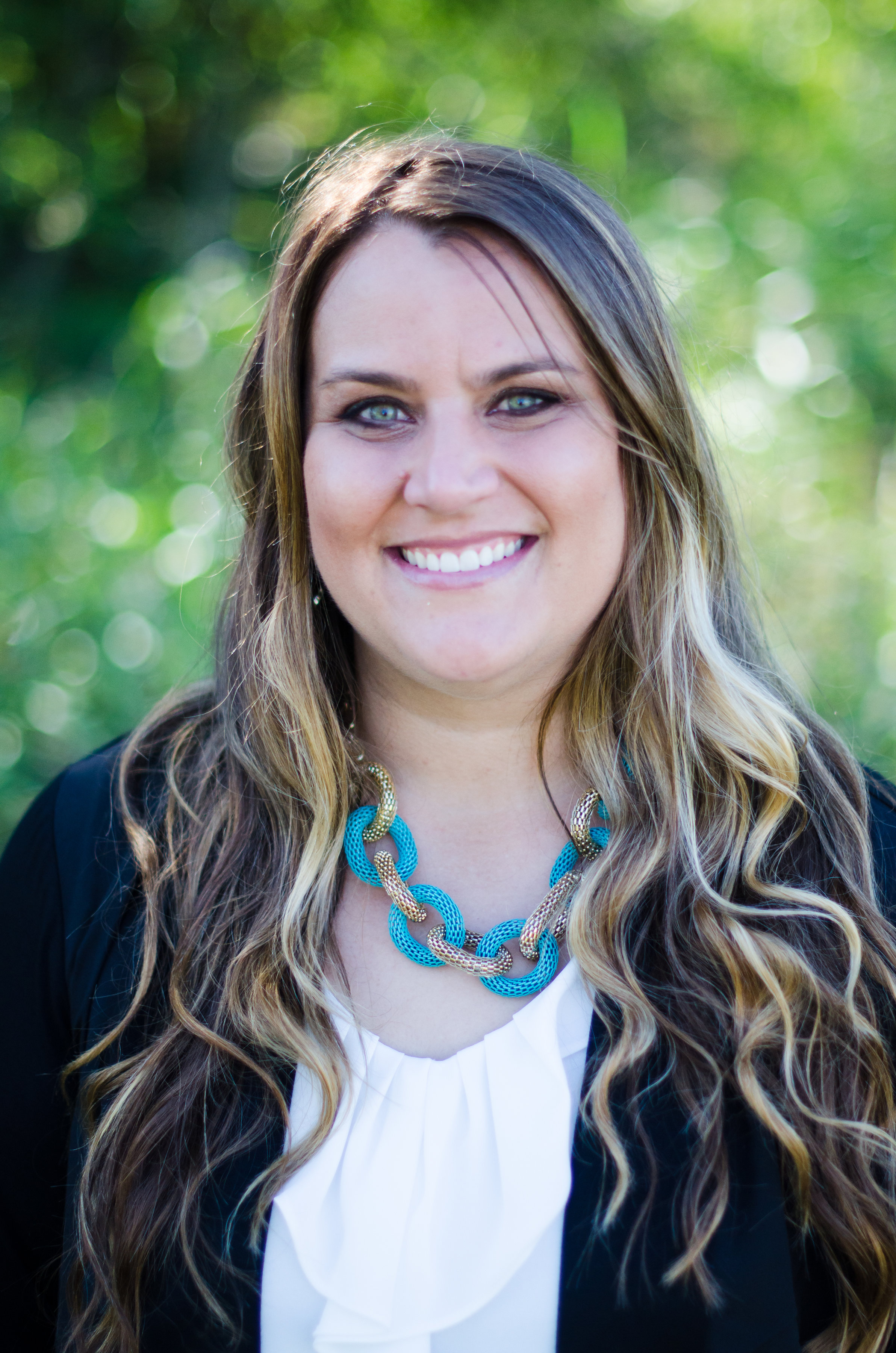A Spade Is A Spade
The diet starts on Monday. How many of us have been there?
Monday was a struggle, but everything went according to the plan. Day one complete. Tuesday, someone brings a donut to work. I had one. But just one. I had maybe half of my self-control intact. Then I just decided to go out to lunch and eat whatever since I already screwed everything up and ruined the diet today anyways. The food was terrific but the guilt and shame quickly set in.
I got home that night to all my stuff packed and sitting on the front porch. Why has my family kicked me out of my house? I find a note sitting on top of my stuff describing how one of my family members saw me eating out at lunch and they are tired of me not being able to stick to my diet. They want nothing to do with me anymore. Sounds extreme right? Absolutely! Did this happen? No.
As extreme as it sounds, this kind of thing happens to addicts every single day. But just to drug addicts. Not to food addicts, shopping addicts, work addicts, caffeine addicts, gambling addicts, sugar addicts, people addicts (co-dependents), video game addicts, sex addicts, internet addicts, exercising addicts, etc.
“Our society refuses to call a spade a spade. Addiction is addiction.”
So why is it that drug addicts are the most socially unacceptable addicts? Why do we treat them as if they are hopeless, beyond help, and the scum of the earth?
I believe the first reason is that lack of knowledge/education on addiction. The second rationale is lack of self-insight.
When a drug addict takes the drug, dopamine releases in a part of the brain called the nucleus accumbens. This stimulus on the brain refers to as the pleasure center. When someone chooses to go shopping to make them feel better, it activates this same part of the brain. Same with going out to eat at a favorite restaurant to make their day better. If we have no self-insight and lack of knowledge, we are very quick to throw down the gavel on someone else's addiction.
People view drug addicts as the party animals having fun or the homeless person passed out with a needle in their arm. Yes, there are those types of drug addicts, but the truth is many addicts look just like you and me. Men and women are showing up to work every day, doing their job and going home for dinner with the family. These are functioning drug addicts. Their drug has become their solution to everyday problems. They didn't start out wanting to be a drug addict. They just wanted to feel better. Just like people didn't start out wanting to be overweight. They just wanted to feel better for that moment.
I have been guilty in the past of throwing the first stone. Even co-owning a mental health agency, I wanted nothing to do with substance abuse issues. Those were dark and unknown matters with which I knew nothing. Or so my lack of knowledge made me believe. Then I started working side-by-side with addiction counselors, and all the addictions in myself and those close to me surfaced by gaining expertise and self-insight.
So what can we do? Educate yourself. Ask yourself why this person needs that escape. What is going on in their life? Look at your own unhealthy habits that you utilize to make yourself feel better. When we have this self-insight, we take the blinders off, and we can see our bondage that we are either currently in or have been in the past. This reality will make us more understanding and less judgmental. It is not always necessary to completely disconnect from a drug addict. Why do you feel the need to detach from a drug addict? Are you doing it hoping that will cause the addict to change? Disconnection is not an agent of change. Are you doing it for your mental health and well being? This psychological stability is the only sound reason to disconnect. But you don't always have to unplug to stay mentally healthy. Just don't jump into the pool of dysfunction with them. Set good boundaries. Limit your contact with them be open and tell them why. It is always good to be open to helping them find treatment when they are ready. Addiction can be difficult to navigate, and it is hard to know what to do and what not to do. I have been a food addict, and a work addict, and I have known and loved addicts of all kinds. Sometimes I have “loved” too much and enabled, and sometimes I have not loved enough and judged and criticized. Never be afraid to reach out and ask questions. Knowledge and understanding are the keys to making healthy decisions for yourself.
Audra is Co-owner and Executive Director at CorAspire Mental Health and Wellness Center. She is a Behavioral Health Case Manager II, is certified in Child Psychiatric Rehabilitation, and is a Certified Peer Recovery Support Specialist. Audra provides behavioral health rehabilitation, behavioral health case management, and peer recovery services to adults and children. She received her Bachelors degree from Oklahoma State University. Audra’s passion is working with children and their families to empower them to reach their full potential. In her free time Audra enjoys sports, outdoor activities, reading, and spending time with loved ones.

